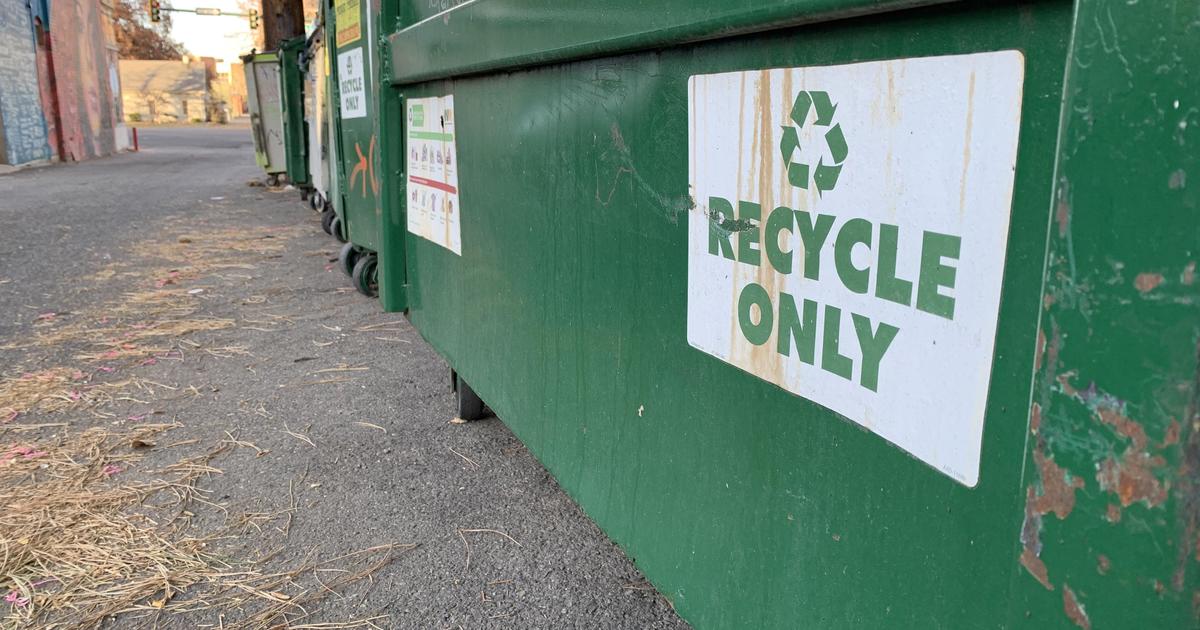Colorado Health Insurer Unsuccessfully Challenges Closure
DENVER (AP) - Colorado's largest nonprofit health insurer went down swinging Monday, trying but failing to challenge a state decision to close it because of precarious finances.
Colorado HealthOP, a nonprofit insurer set up under the federal health care law, unsuccessfully challenged the decision in a closed-door, two-hour hearing.
Colorado HealthOP was told Friday by the state Division of Insurance to stop writing new policies. The announcement was a death knell for the largest company on the Colorado health insurance exchange.
Colorado HealthOP covers more than 80,000 people - about 40 percent of the entire exchange market. Many of its plans offered the lowest premiums in the market.
The company is the seventh such insurance co-op to collapse this year. Federal authorities announced last month that they would pay just a fraction of what was owed the insurance companies under a fund set up to stabilize the insurance market in the health law's first few years.
Colorado HealthOP said it had a plan to turn a profit but was counting on government support as promised for the first few years. The cooperative had borrowed $72.3 million and reported a net loss of $23 million last year.
Colorado HealthOP CEO Julia Hutchins said after Monday's unsuccessful challenge that she was barred by law from describing it.
"All we can say is, the conclusion of the hearing is that we agreed to work with the Division of Insurance to wind down the company," Hutchins said.
Customers who bought 2015 policies from Colorado HealthOP are covered through the end of the year but will need to change insurers for 2016. Open enrollment for 2016 policies opens Nov. 1.
Lawyers for the Division of Insurance declined to comment after the hearing.
Hutchins said Colorado's co-op was the first to sue over its forced closure. But the company's troubles were far from unique.
Only one out of 23 insurance cooperatives- a co-op in Maine - made money last year, according to a July report from the U.S. Health and Human Services inspector general's office.
Officially called Consumer Operated and Oriented Plans, co-ops were one of the compromises in the 2009-2010 health care debate.
Liberals failed to achieve their goal of a government-run insurance program to compete with corporate insurers, and co-ops became the fallback. Under the deal lawmakers struck, taxpayers would provide two types of loans: startup money and reserve funds to meet solvency standards set by state regulators.
As recently as the spring, the White House touted co-ops as an accomplishment.
- By Kristen Wyatt, AP Writer
(© Copyright 2015 The Associated Press. All Rights Reserved. This material may not be published, broadcast, rewritten or redistributed.)



